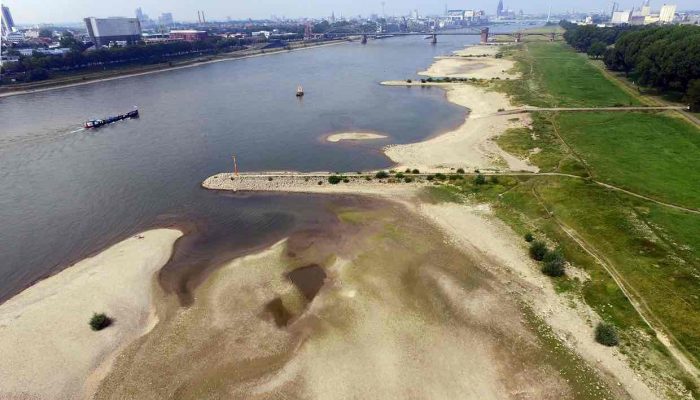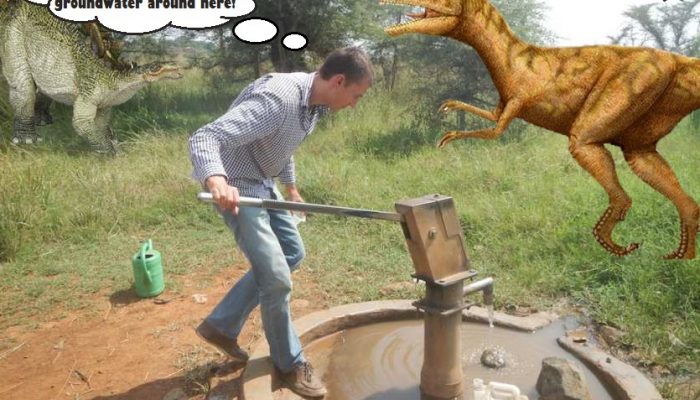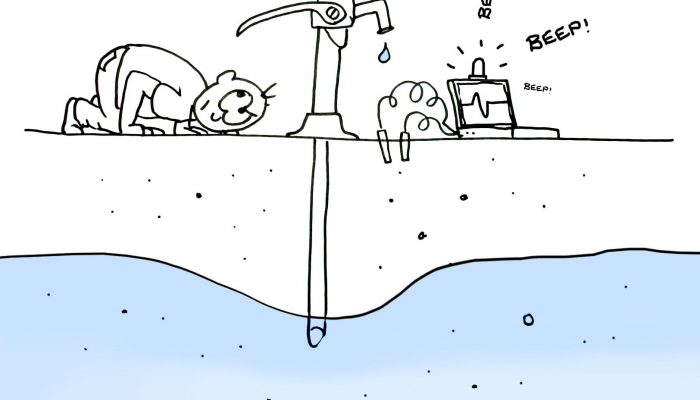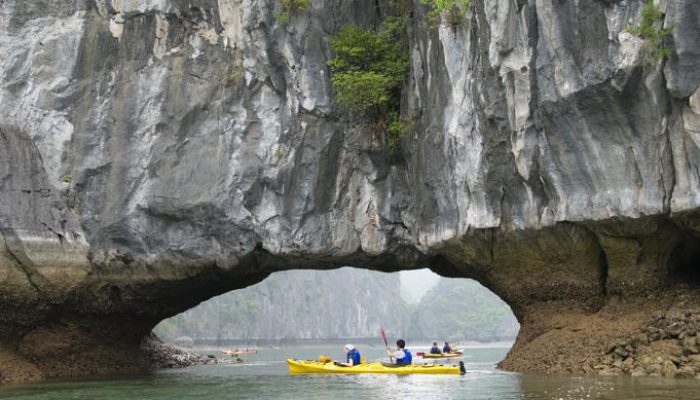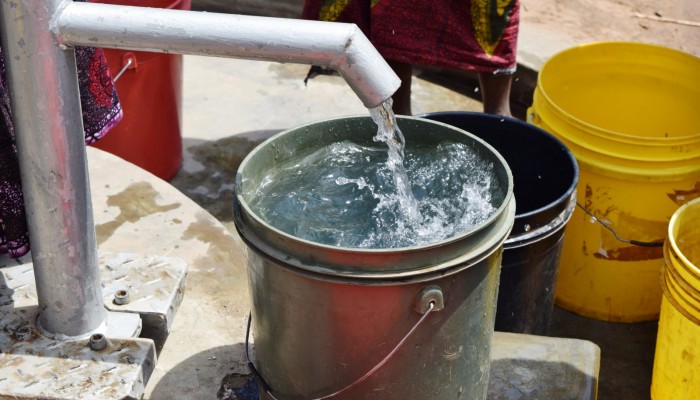Post by Anne van Loon, University of Birmingham You might remember that the summer of 2015 was extremely dry in large parts of Europe (Figure 1), leading to crop losses, wildfires, drinking water supply deficiencies, and reductions in energy production and navigation (Van Lanen et al., 2016), whether you experienced it yourself or read about it in the newspapers. Based on incomplete information th ...[Read More]
WaterUnderground
My attempt at a New Yorker cartoon…about finding fossil groundwater!
See the paper that was just released by Nature Geoscience!
WaterUnderground
Global fossil groundwater resources—the grandkids like hanging out with the grandparents!!!
Post by Scott Jasechko, University of Calgary Groundwater is the world’s largest family of fresh and unfrozen water, and its members range from young to old. There are toddler groundwaters recharged more recently than the year ~1960. Our earlier research showed that these modern groundwaters make up only a small share of global groundwater stocks (Ref. 1 and Water Canada). But what of ancient ‘fos ...[Read More]
WaterUnderground
Musical groundwater?
Post by Kevin Befus, University of Wyoming I don’t mean to get your hopes up, but keep them up there. I’m not talking about recording the sonorific excitement that is groundwater flow. And, I’m not talking about the squeak of a pump handle, the gurgling of a spring, the grumble of a generator, or the roar of a drill rig. Rather, I want to share with you some songs that reference groundwater in one ...[Read More]
WaterUnderground
Of Karst! – short episodes about karst
Episode 1 – A different introduction to karst by Andreas Hartmann, Lecturer in Hydrology at the University of Freiburg Usually, textbooks or lectures start with the theoretical background and basic knowledge of the topic they try to cover. Writing my first contribution to the Water Underground blog I want to take advantage of this less formal environment. I will introduce karst as I and many othe ...[Read More]
Geology for Global Development
New Articles – Social Geoscience and Sustainable Development
We’d like to bring your attention to two new publications, relevant to the theme of this blog. These publications share some common themes, including emphasising the significant role for geoscientists in sustainable development, and enhancing the skills training of geoscientists to support effective and positive engagement. For further information on either of these articles, please contact ...[Read More]
WaterUnderground
What is the volume (in kegs) of groundwater is stored on earth?
Last week I gave a ‘blue drinks’ presentation for a networking evening for the Victoria chapter of the Canadian Water Resources Association entitled “How much groundwater is on earth?” based on our paper from Nature Geoscience last year. Since the night was hosted at Philips Brewery, an awesome local brewery (who makes Blue Buck, the perfect blue drink, and lots of other g ...[Read More]
GeoSphere
Emerging Contaminants: The Rough Teenagers
In geochemistry I see the term “bad actors” used more often than it should be to describe well-known environmental contaminants. “Bad actors” refers to contaminants we see frequently in the environment and know have significant environmental or human health effects. Think mercury, nitrates, lead, arsenic, sulphur dioxide, etc. However, this article is on the up and coming c ...[Read More]
WaterUnderground
Research mini-conference in fourth year groundwater class
Fourth year and graduate students led a fun mini-conference during class in Groundwater Hydrology (CIVE 445, Civil Engineering at University of Victoria) yesterday. Local consulting and government hydrogeologists joined, making the students both nervous and excited to be presenting to professionals with up to forty years of groundwater experience. The presentations were the culmination of a term-l ...[Read More]
WaterUnderground
Happy world water day from water underground!
We hope you have a great world water day! May you sip a cool, refreshing glass of renewable groundwater and feel excited to make the world a better, more sustainable place.

